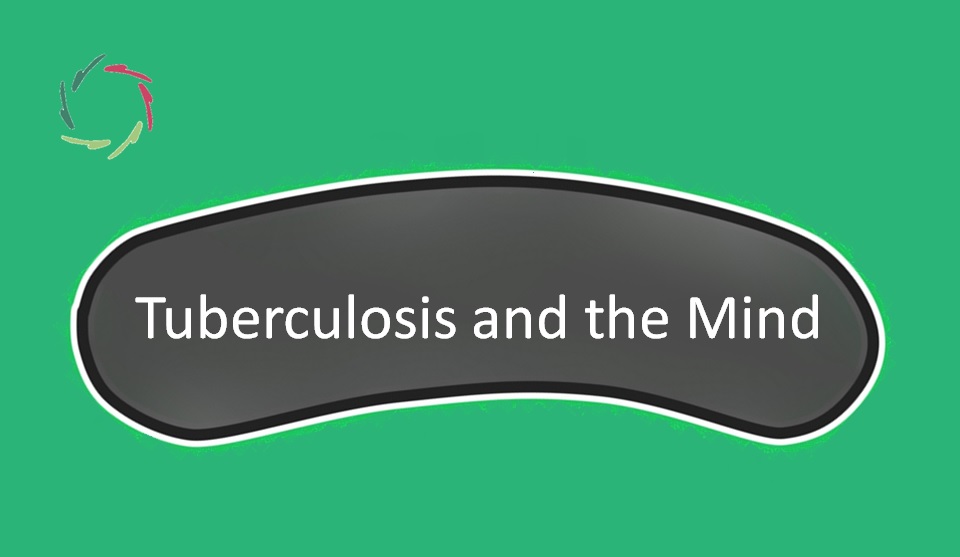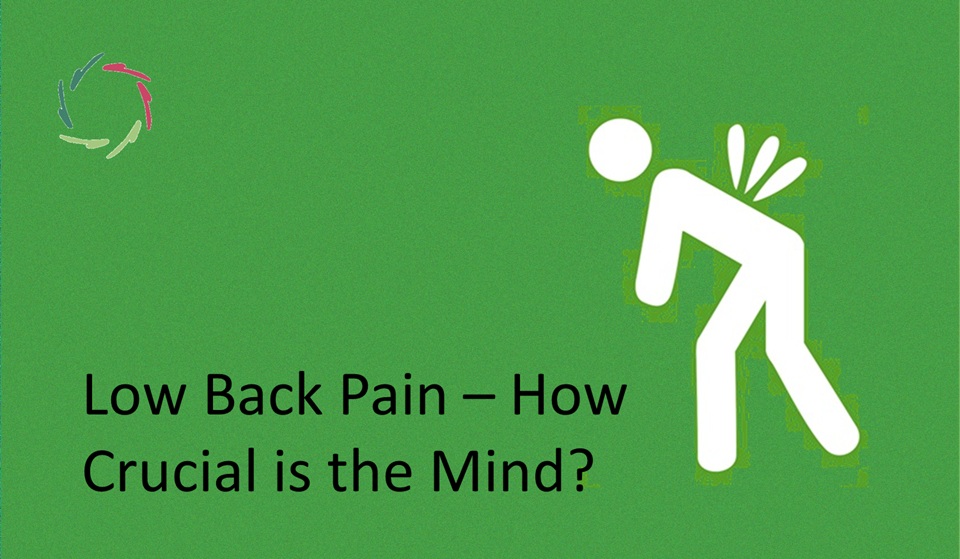Fundamental Reality in Psychology

On top of solid ground, psychology and psychotherapy can thrive as never before.
In natural evolution, one can discern a schematic progression
(Artificial Life may be different)

Matter
As we know, matter is chaotic, bent on entropy. One can see this as the absence of purpose. Without purpose, all motion in matter is a happening.
Then comes life
Gradually bootstrapping itself from matter, life is goal-oriented, therefore a doing, with a purpose and attentiveness. I see in this a ‘first wave of attention.’ [see: “Three Waves of Attention“]
Life is embodied. During a long evolution on planet Earth, purely subconceptual mind has been slowly evolving. Its actions are the result of competence without comprehension.
Conceptual mind and self-reflection
With growing modularity, the mind also becomes conceptual. We speak of comprehension. Mind comprehends the environment, including itself. Consciousness appears like conceptual islands on top of subconceptual mountains.
Appears a specific issue: Conceptual mind can act as-if the subconceptual does not exist. Thus, it constructs all kinds of explanatory substitutes, including one for itself. I see in this a ‘second wave of attention.’ The conceptual mind has the power to get stuck in second wave, bootstrapping itself into an even deeper illusion, as-if the mind is apart from the body.
Fundamental reality in psychology
Using the power of conceptual thinking, the mind can make ever more proper distinctions. This has culminated into the recent view upon fundamental reality in psychology within the broad domain of constructionism. [see: “Constructionism“] This, if taken to its logical conclusion, can validate subconceptual processing – competence without comprehension – and give it its proper place, which is one of lasting and huge importance along with comprehension.
This is the ‘third wave of attention,’ a synthesis of the conceptual and subconceptual. Two insights are especially important:
- Body = mind.
- Conceptual thinking continually emerges from subconceptual processing, not as one event but at each moment again.
Through this, a higher level of fluidity appears in the above schema. Fundamental reality is a reality of continua in which one can construct borders at ‘flexible emergencies’ according to one’s chosen viewpoints. These are good landmarks for communication.
Here comes culture.
Our minds are social from the start on. Human intelligence is social intelligence, leading us into culture. Better said: many highly different cultures.
Culture emerges when people form mutual agreements in order to, at each moment, better live together. Significant in this is any culture’s relation to human nature-inside. In other words, in the relation to fundamental reality. Two possibilities (theoretically polarized):
- second-wave culture: This is pragmatic to a certain degree but increasingly problematic in its tendency to provoke dissociation. We are witnessing too much of this. [see: “Inner Dissociation is NEVER OK!“]
- third-wave culture: This accords to fundamental reality in psychology. Thus, it supports nature. [see: “Culture and Nature“] It doesn’t draw people into second-wave.
One way or the other, culture never stands apart from the minds of individuals, making and being made by them.
Compassion is third-wave, individually and culturally.
Note that the term ‘Compassion’ is not used here in the sense of ‘pity,’ but rather as the interpersonal result of Eastern Enlightenment. [see: “Essence of Compassion“]
Compassion is at the center of third-wave healthcare. Given fundamental reality in psychology, the patient should be treated in the unity of body and mind, to which culture should be as supportive a possible. [see: “<Mind = Body> Healthcare“]
Fundamental reality in psychology is the perennial philosophy that brings us closer to the truth.
Eventually, only truth can truly cure. [see: “Only Truth Can Truly Cure“]


